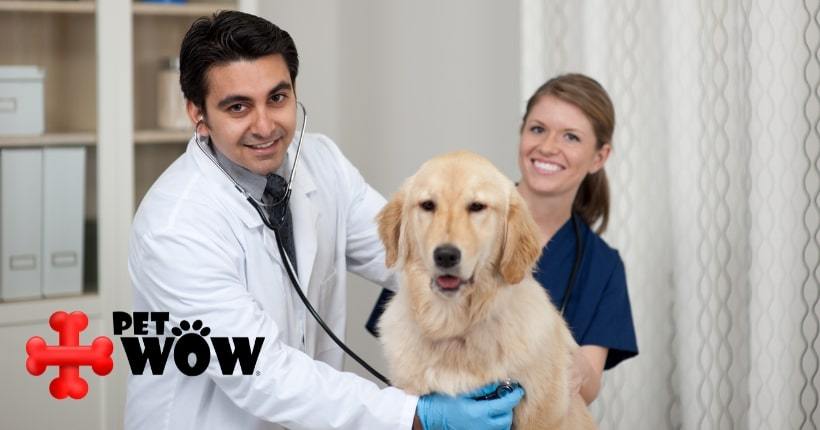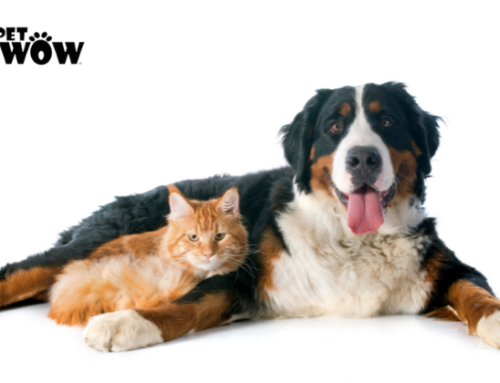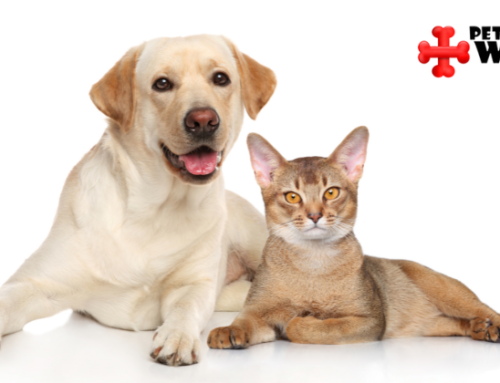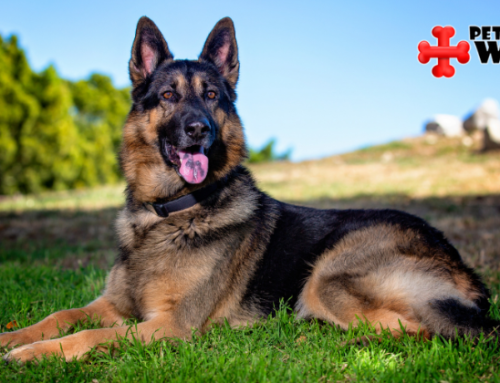Just like their human parents, pets need check-ups, too. And our senior pets are no exception. Here are common conditions to be on the lookout for, and symptoms not to ignore.
What to look for in cats
Cats are considered to be in the senior age range after approximately age 7. It is important to address any concerns or changes that are noted and schedule wellness exams with your veterinarian at least once per year.
Be aware of any of these symptoms in your older cats: decreased grooming or coat changes, weight loss, increased water intake and urination, straining to urinate or defecate, coughing, diarrhea or a decreased appetite.
What to look for in dogs
Small to medium dogs are considered senior once they reach 7 years old, while larger or giant breeds are deemed seniors after 5 years old. It is just as important for your dog’s health to address any concerns or changes that are noted and schedule wellness exams with your veterinarian at least once per year.
Be aware of any of these symptoms in your older dogs: weight loss, pain when moving around, appetite changes, increased panting or heavy breathing during walks, increased water intake and urination, straining to urinate or defecate, coughing, diarrhea or a decreased appetite.
Common conditions for senior pets
As a degenerative joint disease like osteoarthritis causes the cartilage in your pet’s joints begins to wear out and deteriorate as they age. It usually impacts the leg joints and lower spine, and causes pain and inflammation with regular movements such as walking, lying down and getting up.
With time, you may notice that your senior pets are not able to hear or see as well as they once were. Though sensory changes can be part of the natural aging process, they can also be an indicator of underlying health concerns so it is important to have your veterinarian evaluate these changes.
Dental disease can greatly impact your pet’s comfort level and health. Tartar buildup leads to an overgrowth of bacteria, which can cause tooth loss as well as damage to the internal organs. Your vet will check your pet’s teeth during the wellness check-up, and for dogs, can help you learn if you’re brushing your dog’s teeth enough.
Heart disease is another important process to monitor for as our pets age. With time, the valves of the heart can alter and impact blood flow or there can be changes to the heart muscle or electrical activity of the heart. A physical exam is the first step in monitoring for cardiac concerns.
At PetWow, we’re here to keep your pets comfortable and healthy as they age. Our veterinarians perform a range of services including preventative care, diagnostics, surgeries and more. Contact one of our team members at 513-738-9691 or email [email protected] to set up an appointment. For more pet care tips, follow us on Facebook, Twitter, Instagram, Pinterest or LinkedIn!







